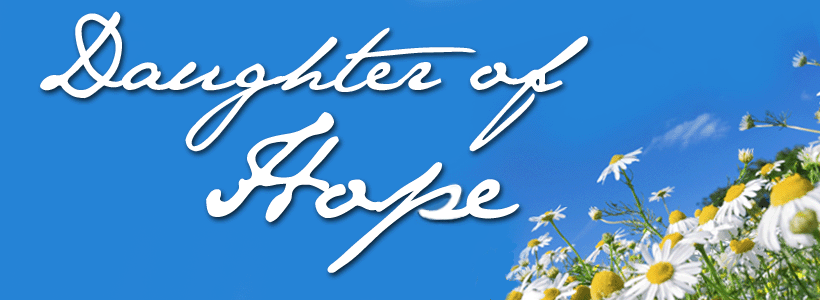Some of you have asked what approach, curriculum, etc., I use. So here's the short version.
I was "schooled at home" from 8th to 12th grade using ABEKA video school. My younger siblings went through all of school that way. I knew before my oldest was born that I wanted to homeschool my kids, so last spring and summer I checked out all manner of homeschool books form the library and spent countless hours online researching options and ideas. And I discovered literature-based homeschooling and unschooling - and it blew me away. I had no idea that homeschooling could be that much fun! I mean, it's the best thing since sliced bread...my new hobby! Needless to say, I took those ideas and applied them. But my well-regimented brain couldn't completely let go of needing to know that my children were learning what they needed to know. My solution? I am armed with four scope and sequences. ABEKA's. Bob Jones', my school districts (they're easy - we were finished with the kindergarten objectives before we started kindergarten!), and William Bennet's (The Educated Child). At the beginning of the year, I look to see, where my child is on these scopes and sequences, and what concepts are on the lists that he might not be familiar with. Then I simply make it a point to add that in to our learning (if I think it's worth bothering with). I'm not rigid about it, though. If we're a year ahead on the biology points, then I'm not going to worry about all of the chemistry points of science.
I do use a math curriculum. We use Horizons. Anna Kate will use the K5. Ethan 1. I have the teacher manuals, but have barely cracked them. We just do the worksheets. The kids think they're fun. We often do 3-4 lessons at a time, and I always cross out duplicate problems and unnecessary review so I don't make my kids crazy. We don't really do much with the lessons and manipulatives because, so far, the kids have picked up the concepts easily without them and I remember them driving me nuts in kindergarten. Why illustrate what's already understood?
We used a mishmash of phonics last year. BOB books, ABEKA, and lots of different readers. This year I am going to focus in on ABEKA more. My kids like their Handbook for Reading and I got a set of their phonics readers this year. I looked at the phonics workbooks, but decided not to bother. I'll pull worksheets from my huge stash of dollar store workbooks, or print them from online if I need them. Ethan is reading Level 1 and some Level 2 readers. I have the ABEKA first grade readers too.
With an artist for a father, handwriting seems to come naturally. Ethan pretty much jumped straight into copy work. Anna Kate is only four, so she'll probably work straight through an alphabet handwriting book, probably one with letter sound concepts (I have a few around here and I've pulled one that I think will work fine.) Then she can move on to copy work too. Our copy work will involve Proverbs and other Bible verses, stories on story paper with illustrations, thank you notes, etc.
In other Language Arts news, we'll continue working to learn a poem each week (some longer poems will take longer), and we'll read through a lot of classic children's literature. I use Sonlight's book lists as a guide.
Science and social studies are the really fun things. We do a lot of subject oriented stuff.
Some social studies ideas for this year include:
- Christopher Columbus and other explorers
- Safety
- Exploring countries online and filling a passport book
- Learning the 50 states - Target has an awesome sale in their dollar bins right now of workbooks, flashcards, dry erase maps, etc.
- Bats
- Magnets
- Water
- Bird journalling
- The human body
Whatever the kids take an interest in, I run with. And they love the ride!
For music, I'm planning on buckling down and really making sure that they practice every day and have a piano lesson once a week. We'll also go see many musical performances, some folk music, some band concerts, some ballet. Our concert hall offers special daytime performances for school children to see plays and concerts for a small charge and I'm planning to take full advantage this year. I also try to have the children learn a new hymn or worship song every week.
For art, I've found several art appreciation series that I've begun weaving into thematic units. For example, we planted sunflowers earlier this year, then we read several books on sunflowers recently and included books on Van Gogh. Some series to check out:
For Bible, we've been memorizing a Proverb about every other day with the "make-up -a song" method. We'll also work on memorizing a weekly passage. I'm planning on becoming more consistent with those and also will be using Big Truths for Little Kids. Brian will continue in our family devotions through the children's Bible and teaching the children's catechism. And I'm wanting to formulate a plan for introducing the sermon/adult Sunday School material for the upcoming week now that Ethan will be sitting in with us.
I think that gives you a general idea. We also utilize lots of videos, DVDs, and PBS, as well as tons of field trips and educational experiences such as concerts, living history, children's museums, the science center programs, etc. I collect resources from family, friends, thrift stores and have a huge quantity of really interesting stuff just waiting for me to use it. It really is too much fun.
